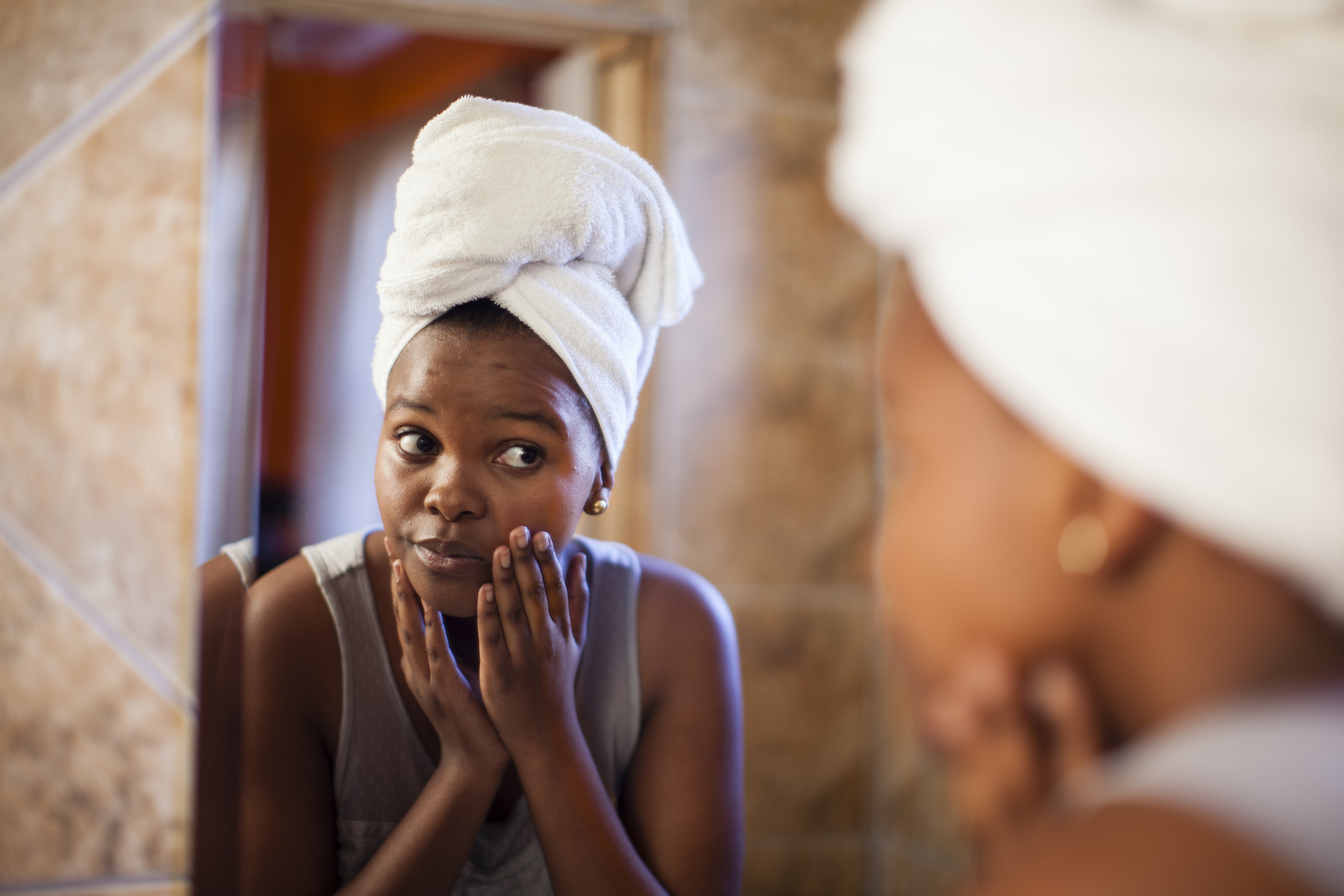There are a lot of skincare myths and misconceptions, and Black women are not immune to these misunderstandings. Despite strides in education and advocacy, persistent falsehoods continue to circulate. These falsehoods perpetuate harmful beliefs about what Black women’s skin truly needs.
Mainstream skincare narratives often center around white standards of beauty, leaving little room for the diverse needs of Black skin to be acknowledged and addressed. Debunking these skincare myths is crucial for ensuring Black women can care for their skin effectively and confidently.
“I think Black women have been largely unrepresented in the beauty space,” said Terri Miller, an esthetician and owner of The Skincare Studio Medical Spa. “For so long, the knowledge was not available or talked about much in the black community. So [Black] women did what they thought was best. We are now learning that some of those practices are just simply not true.”
Miller creates a safe space for all women of color to feel comfortable and learn about their skin. Here are six skincare myths that reveal the truth about Black skin.
Black Women Need Sunscreen
Despite the misconception that melanin provides sufficient protection from the sun’s harmful rays, all skin types benefit from sunscreen. According to Miller, melanin in the skin doesn’t fully protect you from the sun’s harmful rays. She suggested regular use of sunscreen to prevent premature aging, hyperpigmentation and reduce the risk of skin cancer.
Black Skin Does Crack
While Black skin tends to show signs of aging, like wrinkles and fine lines, later than other skin types, it’s a myth to suggest that Black skin is immune to aging altogether. Miller stressed that all skin ages, especially if not fully protected and cared for, are prone to those signs of aging.
Natural Oils Moisturize the Skin Better
Natural oils, like coconut and jojoba oil, can be beneficial for moisturizing Black skin. However, some of these oils can dry out your skin or cause clogged pores. Opt for a well-rounded skincare routine that handles your specific skin needs.
“I’ve seen many people break out from ‘natural ingredients,'” she said. “It [being] natural does not always mean your skin can handle the ingredients.”
Witch Hazel is Not a Miracle Ingredient
Witch hazel is often touted as a natural remedy for various skin issues, including acne and inflammation. Miller shared the astringent properties can be too harsh for Black skin, which tends to be more sensitive and prone to dryness. Overusing witch hazel can strip the skin of its natural oils, leading to irritation or exacerbating skin concerns. Instead, opt for a gentler, hydrating skincare product that won’t disrupt the skin’s moisture barrier.
You Have to Moisturize Oily Skin
Skipping moisturizer on oily skin can signal it to produce more oil to compensate for moisture loss. Moisturizing oily skin with lightweight, non-comedogenic formulas helps balance oil production, prevent dehydration and maintain a healthy skin barrier. Look for oil-free or gel-based moisturizers, specifically formulated for oily skin, to avoid clogging pores and exacerbating breakouts.
Do Not Apply Toothpaste on Acne
Using toothpaste as a spot treatment for acne can be harmful to the skin. Toothpaste contains ingredients, like menthol, fluoride, and baking soda, which can irritate and overly dry the skin. Toothpaste may temporarily dry out a pimple, but it also can cause redness, inflammation and chemical burns on sensitive skin.
